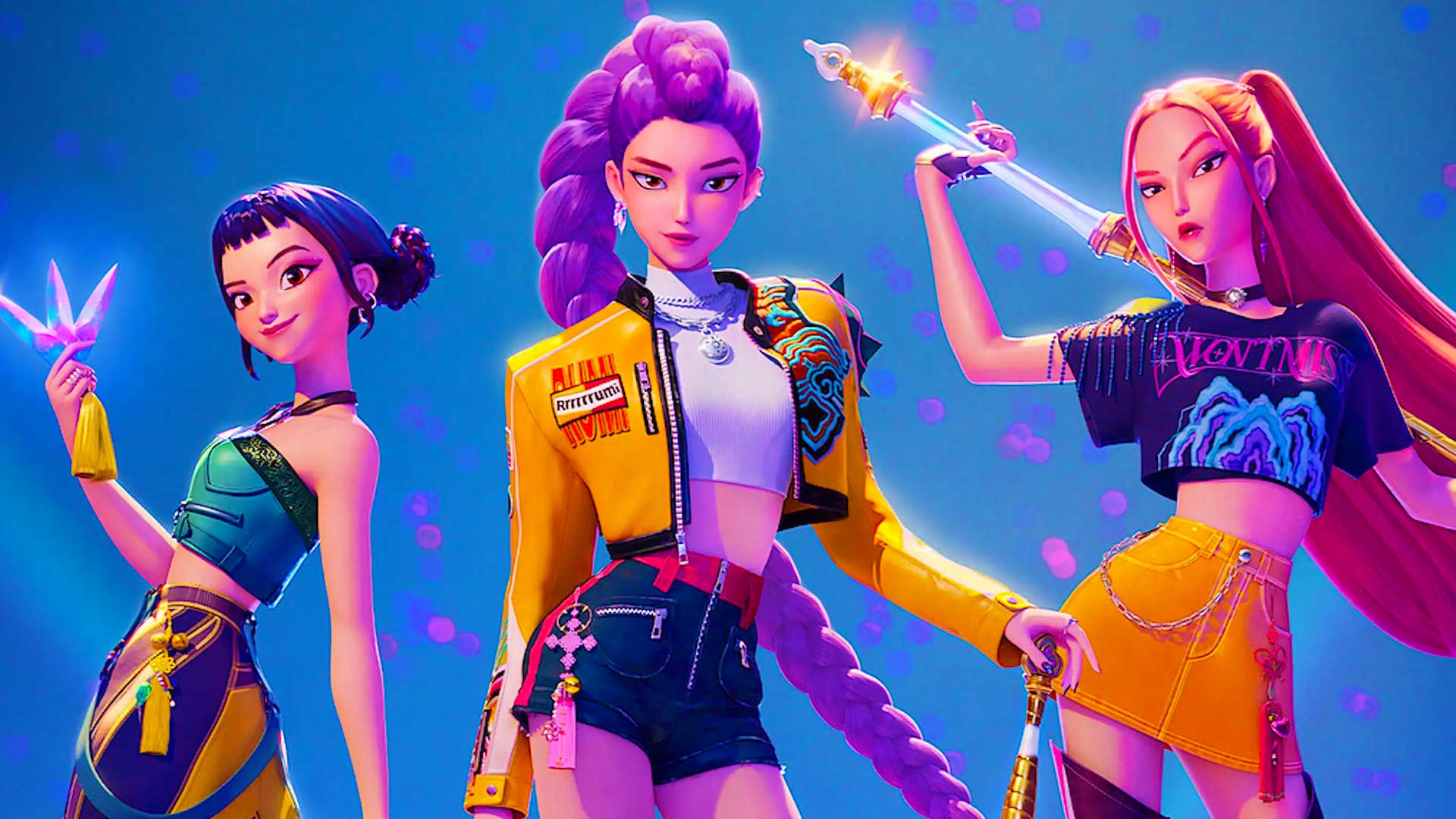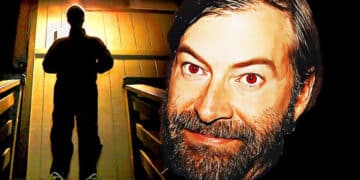Parents usually worry about school stuff like homework, head lice, or why juice boxes now cost the same as a small car. At Lilliput Church of England Infant School in Poole, Dorset, the latest drama involves Netflix, K-pop, and… demons. The school sent out a note asking kids not to sing songs from KPop Demon Hunters on campus because some families felt uneasy about lyrics involving “spiritual forces opposed to God and goodness.” Yep, nothing spices up a school newsletter like theological battles set to a Billboard chart-topper.
Acting head teacher Lloyd Allington shared that several families were “deeply uncomfortable” with references to demons in the hit animated musical. Then parents chimed in with the opposite view. Some reminded him the soundtrack doesn’t only include sinister lyrics about temptation. It also includes wholesome notes about courage and being kind to each other. As Mr Allington put it, “While we fully respect your right to make choices about the content your child engages with at home, we also want to be mindful of the diversity of beliefs within our school community.” His message tried to balance faith and fandom without starting a holy war in the school hall.
This whole ban might feel surreal if you’ve seen the film. KPop Demon Hunters, released on Netflix on June 20, follows Huntr/x, a fictional girl group juggling hit singles and demon slaying. Think stage lights one minute, supernatural combat the next. They even square off against their rivals, the Saja Boys, who turn out to be actual demons pretending to be idols. Probably not the first time a chart-topping act has been accused of dark powers. Just look at Michael Jackson’s Thriller, for example.

Of course, kids adore the music. The BBC spoke to one dad who thought the ban was a little much. His daughter lives for K-pop dance routines after class. “It’s just a harmless, a nice little thing for them to do to get their confidence up,” he said. The atheist father called the whole idea “a bit of an imposition and probably a bit unfair and silly.” He didn’t mention whether he’s now stuck explaining demon lore before bedtime.
The school insists nobody is shaming the movie. “We are not asking parents to tell their children that there is anything wrong with enjoying the film or its songs if it aligns with your own views and beliefs,” Allington explained. The message is simple. Keep the music at home. At school, respect the classmates whose families don’t vibe with ancient spiritual evil showing up in their pop playlists.
It’s hard to blame the kids for belting these songs, though. KPop Demon Hunters set records this year, becoming Netflix’s most-watched original movie ever with 325 million views. It even dethroned Red Notice. Four soundtrack tracks crashed the Billboard Hot 100 Top 10 and five Grammy nominations followed. “Golden,” the big single in the movie, dominated the UK charts for ten weeks. That’s the sort of success that turns something from “catchy” into “inescapable.”

A sing-along theatrical run in late August sold out over 1,300 screenings worldwide and pulled in more than $19.2 million. Fans were screaming lyrics with zero shame. Meanwhile, directors Maggie Kang and Chris Appelhans are already cooking up a sequel for 2029. Netflix probably has the confetti cannons ready.
So while a Dorset playground might be a Netflix KPop Demon Hunters-free zone for now, those Huntr/x choruses will keep echoing everywhere else.
RELATED: This Tiny KPop Demon Hunters Detail About Zoey and Mira Changes Everything













